In an age where mass violence is a daily occurence, campus security is a high priority for students and universities as shown at Oklahoma Christian University. Cassidy Littlewood, a junior public relations major, describes campus as so safe that she does not even think about it.
“I let my guard down because I don’t feel unsafe in any way at all,” Littlewood said. “I’m from a town that is unsafe, and so I’m used to a place that isn’t comfortable. However, being on campus feels comfortable to me, so I feel more relaxed.”
Hannah Clay, Assistant Director of Tinius and a junior exercise science major, said although she usually feels safe, she does become concerned when unsafe situations arise and are not communicated transparently.
“I usually feel safe walking around campus,” Clay said. “When nothing unsafe has recently occurred I don’t second guess my safety, but I don’t always understand how circumstances are handled and that can make me nervous.”
Even though students feel safe on campus, issues such as intruders and improper gun ownership situations have occurred recently on campus. Chief Greg Giltner, head of Oklahoma Christian University’s security department, wants students and staff to know these are important issues that are addressed swiftly and safely.
“I have six dedicated officers that have students, faculty, staff and visitors’ best interests in mind and take the job seriously,” Giltner said. “Officers are constantly watching for risks and working to keep this campus safe. Ninety percent of the time, they are monitoring traffic for the safety of campus or they are patrolling to protect students and engage with them.”
The other aspect of campus safety is housing living conditions. As dorms and apartments continue to age, issues can emerge such as old infrastructures making accidents a normal occurrence. A question follows these considerations: At what point do conditions go from inconvenient and unsafe? Candace Bass, the director of Residence Life, described on-campus housing as very safe and she said any risk can be mitigated by students.
“The majority of risks that we see are preventable and manageable,” Bass said. “Students can reduce risk by reporting issues, which if not caught by staff can be passed on to the next residents. A lack of understanding the consequences or a lack of knowledge (i.e. cooking, grease fire, local and state codes, etc.) can contribute to bigger problems.”
Clay said most issues with housing are not serious safety concerns, but frustrating inconveniences.
“I think the main needs are taken care of but we can get frustrated easily over inconveniences and uncomfortable living situations,” Clay said. “The ineffective communication can make it even more frustrating, so it’s important to make sure you’re emailing the right people.”
However, there have been and still are legitimate safety concerns. For example, Wilson East was renovated in fall 2018 due to structural integrity issues, which displaced sophomore boys for a semester. Although there are smoke and carbon monoxide detectors, Phases 3 & 4 have no fire alarms or sprinkler systems. Students who have lived in or continue to live in these conditions find them worrying, such as Johnathan Godfrey, a senior electrical engineering major.
“It’s a little concerning,” Godfrey said. “Our smoke alarms are also all the way in the back, furthest from the kitchen and only halfway up the wall.”
Other students source mold and animals as potential safety issues. Littlewood also said heating struggles can cross the line from annoying to concerning.
“During the winter storm a few weeks ago, my roommates and I had to hang blankets over our windows to try and keep some heat in,” Littlewood said. “That’s how bad our heating was.”
In short, the issue of campus safety is a complicated one, impacting students campus-wide and involving many parties. With the noise of differing perspectives, both Giltner and Bass assure students campus safety is always a priority, and students can participate in various ways to improve campus security, such as locking doors and securing valuables. Glitner and Bass both encourage students to reach out when they need help.
“We want to protect and serve all faculty, staff, students and visitors,” Giltner said. “That means whether you need directions or a door unlocked or something more serious, everyone on campus should reach out if they need help.”

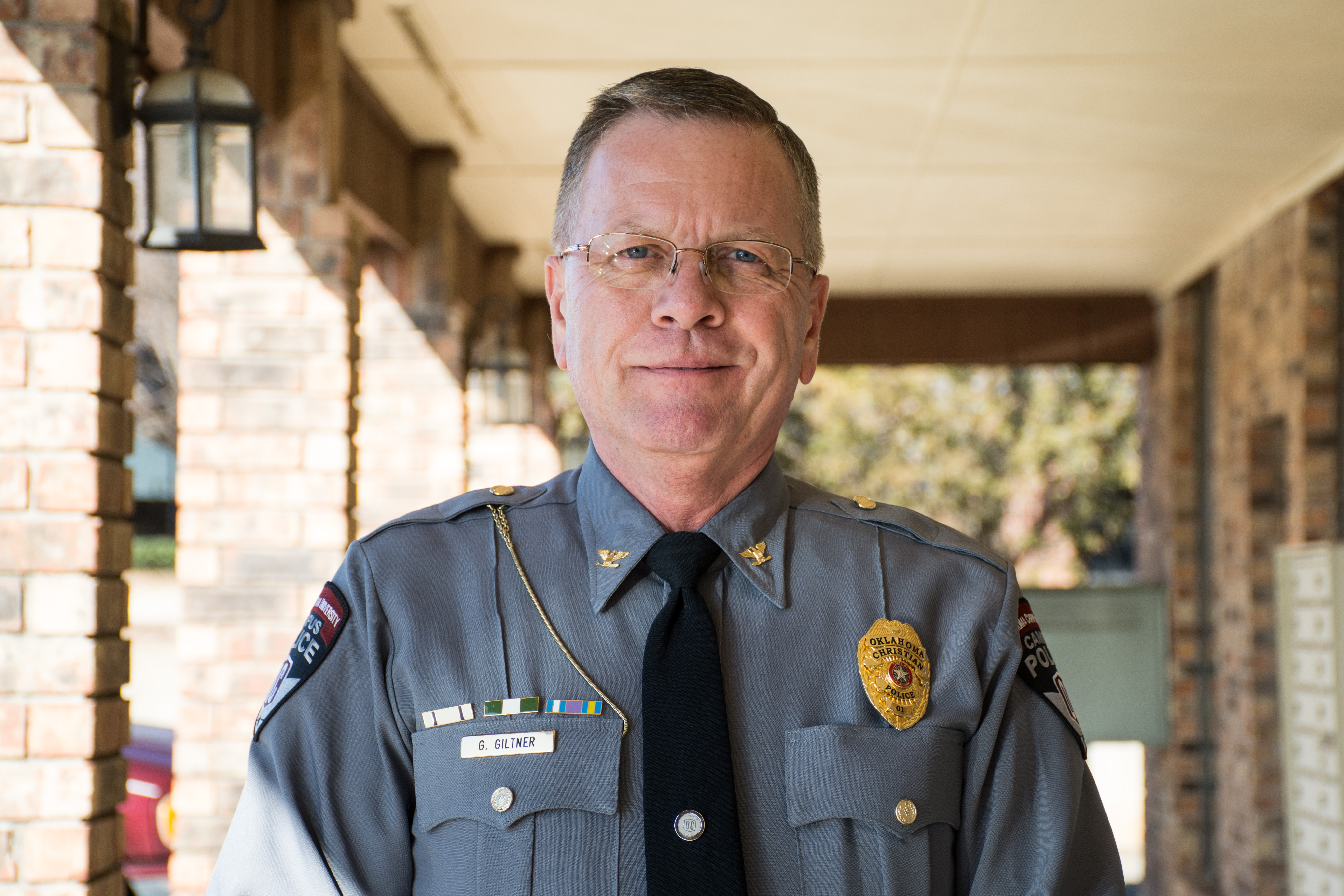





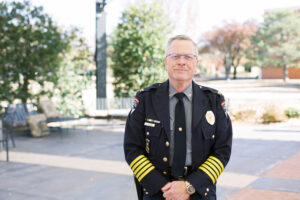
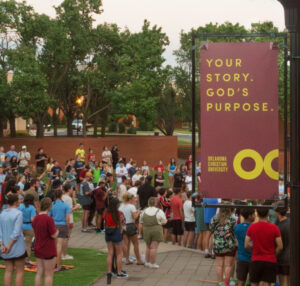
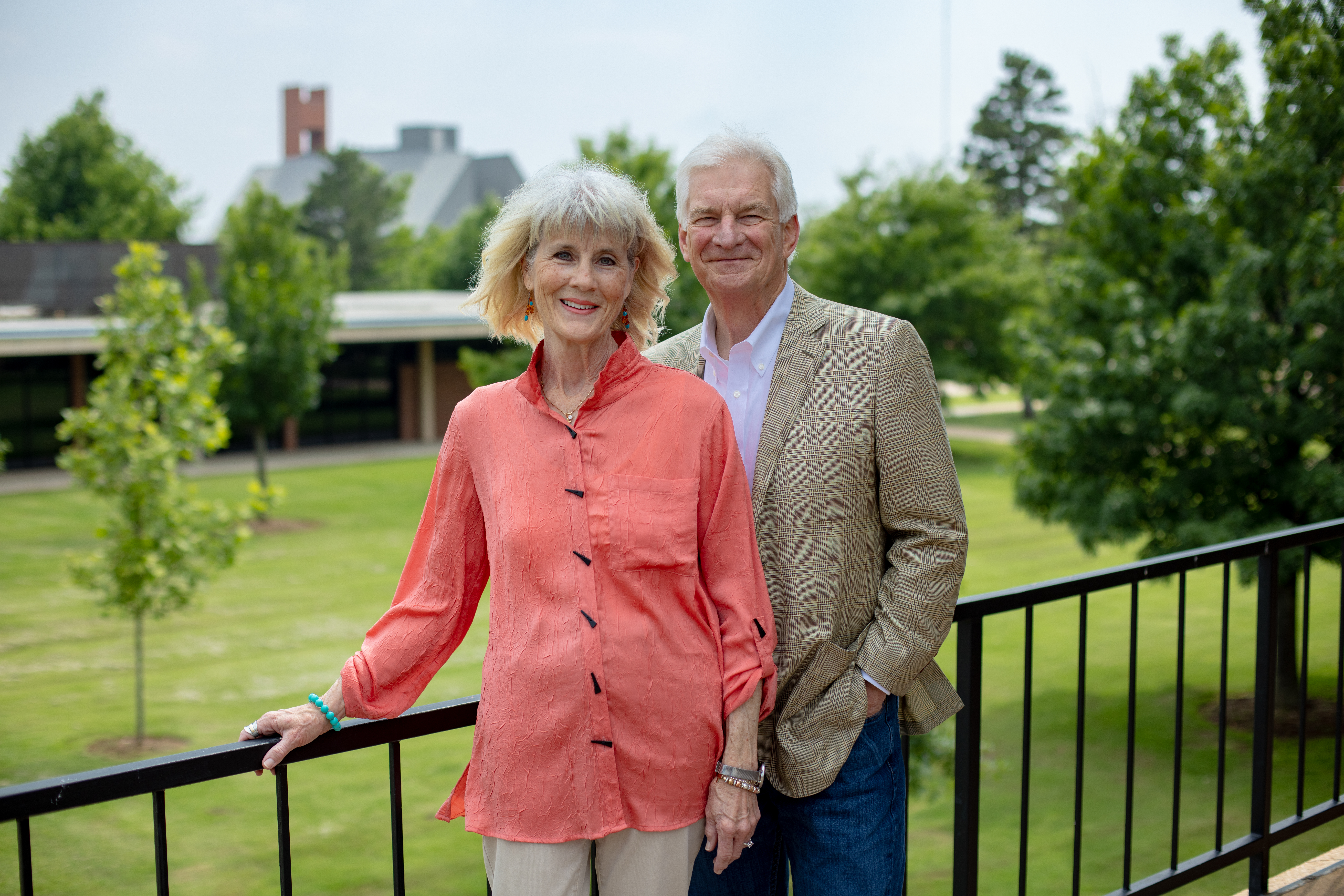
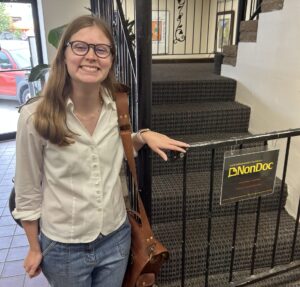
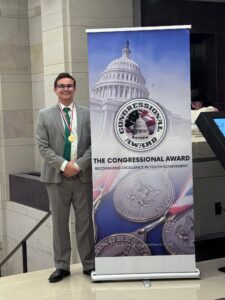



Be First to Comment